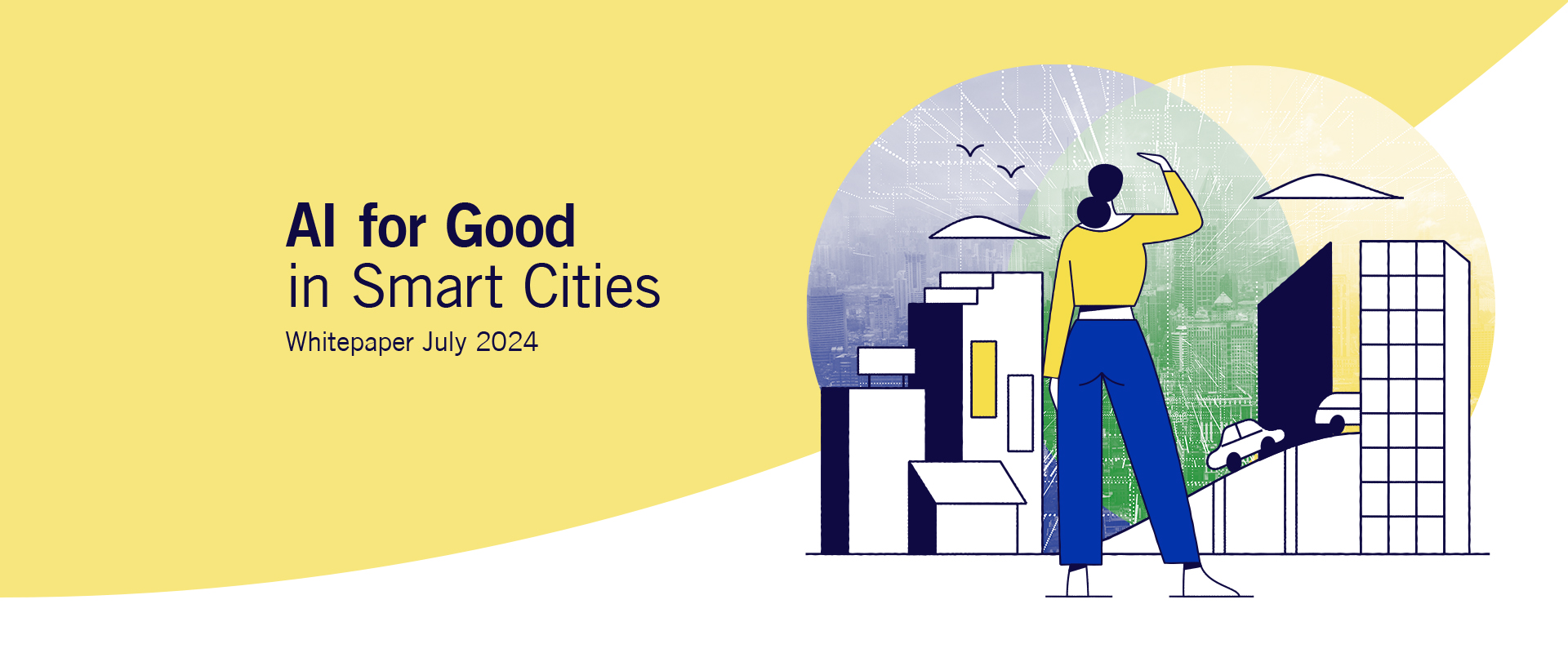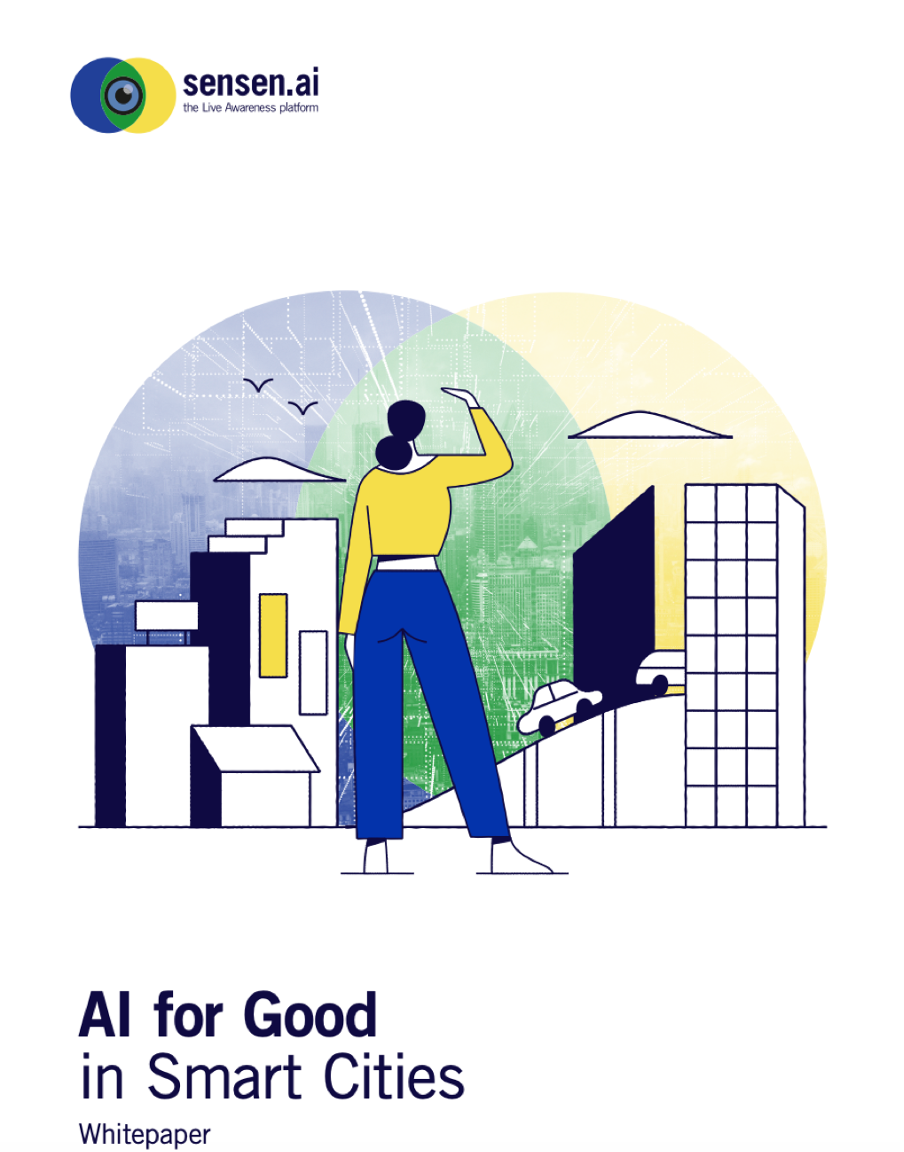
AI For Good in Smart Cities: Unleashing the Potential of AI for a Better Urban Future
As urban areas continue to grow and evolve, integrating AI technologies becomes increasingly essential as a way of delivering everything from efficient traffic to health and safety. Yet there are concerns about AI’s potential to become a source of negative surveillance. This paper explores the practice of AI for good, and how the responsible application of AI can revolutionise city functions, enhance the quality of life for inhabitants, and promote sustainable urban practices.
“AI for Good” refers to the ethical and responsible use of AI to address societal challenges and improve human well-being. In smart cities, AI offers transformative opportunities across various sectors such as public safety, transportation, and environmental sustainability. One particularly compelling example of this is SenSen’s Live Awareness AI, which is being actively used by cities right around the world to create smarter, more efficient, and sustainable urban environments.
Prioritising SenSen’s vision for AI for Good ensures that these technologies are deployed ethically, promoting transparency, accountability, and positive societal impact, even in the most sensitive contexts.
This white paper delves into the practical applications and benefits of AI in smart cities, emphasising ethical considerations and real-world success stories.
Key Insights
- Public Safety Enhancements: How AI-powered surveillance systems and predictive analytics enhance public safety by enabling quick responses to unusual activities and emergencies.
- Optimised Traffic Management: How AI can effectively optimise traffic flow and reduce congestion through intelligent traffic management systems, improving public transportation efficiency.
- Environmental Sustainability: What AI is doing to support sustainable urban practices by monitoring environmental conditions, managing waste collection, and predicting pollution levels.
- Ethical AI Deployment: Why prioritising AI for Good ensures ethical AI deployment, fostering innovation and aligning with global sustainable development goals.
- Real-World Success Stories: How AI for Good is being applied in real world contexts through case studies, such as one Australian council’s use of AI to improve heavy vehicle compliance, and how a city in North America was able to support its homeless by improving its ability to identify cars that are being lived in.


